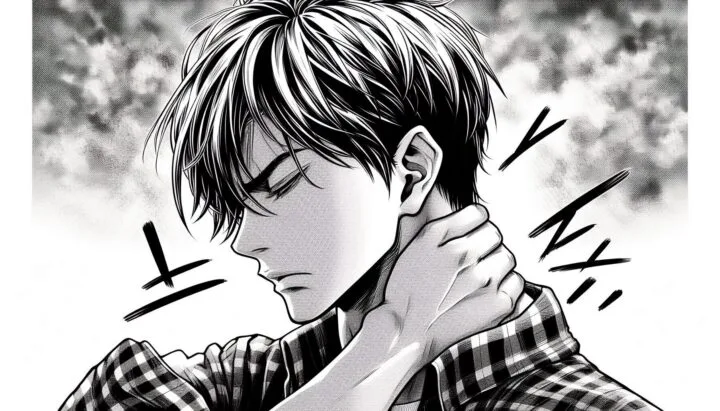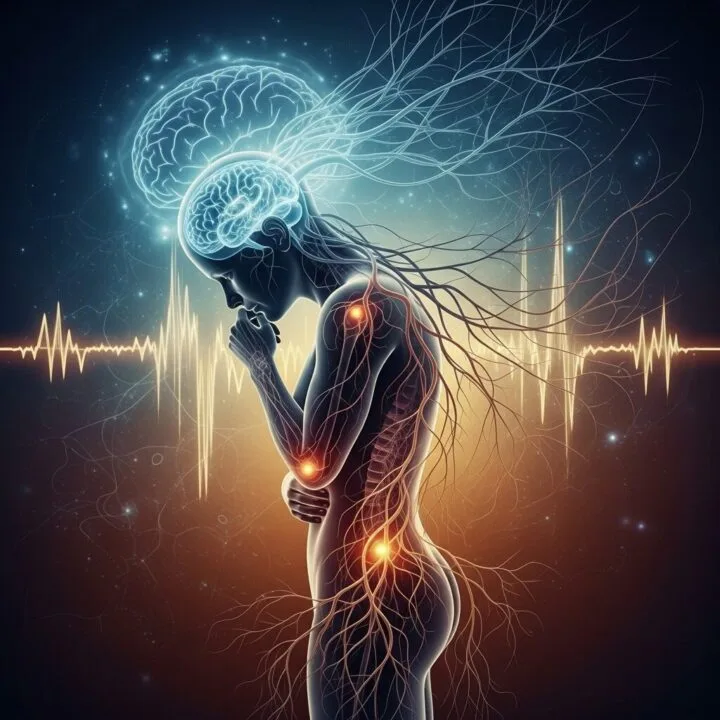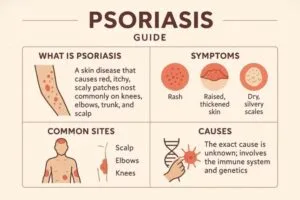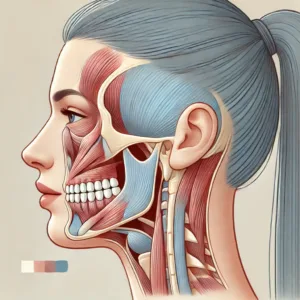Can Arthritis in the Neck Cause Dizziness?
Table of Contents

Can Arthritis in the Neck Cause Dizziness? Understanding the Connection
Meta Description: Explore the link between neck arthritis and dizziness. Learn about causes, symptoms, and treatment options for cervical vertigo.
Meta Tags: neck arthritis, cervical vertigo, dizziness, cervicogenic dizziness, neck pain
URL: neck-arthritis-dizziness-connection
Can arthritis in the neck cause dizziness? If you experience neck pain along with episodes of dizziness, you’re not alone. Many people wonder about this connection, and it’s important to understand how neck arthritis can affect your body. Let’s explore the relationship between neck arthritis and dizziness.
The Connection Between Neck Arthritis and Dizziness
Neck arthritis, also known as cervical spondylosis, can indeed lead to dizziness. This condition can disrupt the signals your body uses to maintain balance.
Cervical Vertigo Explained
Cervical vertigo occurs when problems in the neck lead to sensations of dizziness. This can happen when neck issues affect blood flow or nerve function.
Types of Neck Arthritis That May Cause Dizziness
Not all types of neck arthritis have the same impact on dizziness. Here are some common types:
Osteoarthritis
Osteoarthritis is the most prevalent form of arthritis affecting the neck. As joints wear down, they can irritate nerves and blood vessels, potentially leading to dizziness.
Rheumatoid Arthritis
While less common in the neck region, rheumatoid arthritis can cause inflammation that affects balance mechanisms in the upper cervical spine.
How Neck Arthritis Leads to Dizziness
Several factors contribute to how neck arthritis may cause dizziness:
Blood Flow Disruption
Arthritis can narrow blood vessels in the neck, reducing blood flow to the brain. This can create a feeling of lightheadedness or dizziness.
Nerve Compression
As arthritis progresses, it may put pressure on nerves in the neck. This can interfere with the signals sent to your brain regarding balance.
Proprioception Problems
Proprioception refers to your body’s ability to sense its position in space. Arthritis can disrupt this ability, leading to feelings of unsteadiness.
Symptoms Associated with Cervical Vertigo
If you suspect that your dizziness is related to neck arthritis, watch for these additional symptoms:
- Neck pain or stiffness
- Headaches at the base of your skull
- Difficulty turning your head
- Nausea or vomiting
- Ringing in the ears (tinnitus)
Diagnosing Dizziness Related to Neck Arthritis
Determining if your dizziness is caused by neck arthritis requires a thorough evaluation. Doctors typically use:
- Physical examinations
- Imaging tests (such as X-rays or MRIs)
- Balance assessments
- Ruling out other potential causes of vertigo
Treatment Options for Managing Symptoms
If diagnosed with cervical vertigo due to neck arthritis, several treatment options may help alleviate symptoms:
Physical Therapy
A physical therapist can guide you through exercises designed to improve mobility and strengthen muscles around your neck.
Medications
Anti-inflammatory medications and muscle relaxants may help reduce pain and inflammation associated with neck arthritis.
Lifestyle Changes
Making simple adjustments such as improving posture and ergonomics can significantly impact your comfort and stability.
Preventing Further Issues
While you can’t always prevent arthritis from developing, there are steps you can take to protect your neck:
- Maintain good posture
- Use proper lifting techniques
- Stay active and maintain a healthy weight
- Take breaks from prolonged sitting or screen time
When to Seek Medical Attention
If you experience persistent dizziness alongside neck pain, it’s important to consult a doctor. Pay attention to these warning signs:
- Severe or worsening symptoms
- Difficulty performing daily activities
- Any neurological symptoms like numbness or weakness
The Future of Treatment for Cervical Vertigo
Research continues into better ways to treat cervical vertigo associated with neck arthritis. New therapies may include:
- Advanced imaging techniques for more accurate diagnosis
- Targeted interventions for specific types of neck arthritis
- Innovative medications that address both pain and dizziness
Conclusion
Can arthritis in the neck cause dizziness? Yes, it can. The connection between neck arthritis and dizziness is significant and should not be overlooked. Understanding how this condition affects your body is crucial for managing symptoms effectively. With proper diagnosis and treatment, many individuals find relief from both neck pain and associated dizziness. If you’re experiencing these symptoms, don’t hesitate to reach out to a healthcare professional for guidance.
FAQs
- Can neck arthritis cause constant dizziness?
While it can lead to frequent episodes of dizziness, constant dizziness is less common and may indicate other underlying issues that require evaluation. - How long does dizziness from neck arthritis typically last?
The duration varies; some individuals experience brief episodes while others may have longer-lasting symptoms depending on their condition. - Can exercises help reduce dizziness caused by neck arthritis?
Yes, specific exercises prescribed by a physical therapist can improve mobility and strengthen supporting muscles, potentially reducing episodes of dizziness. - Is cervical vertigo from neck arthritis curable?
While there’s no cure for arthritis itself, effective management strategies can significantly reduce symptoms of cervical vertigo. - Can stress make cervical vertigo from neck arthritis worse?
Yes, stress can exacerbate symptoms of cervical vertigo. Implementing stress management techniques may help alleviate some discomfort.














Post Comment